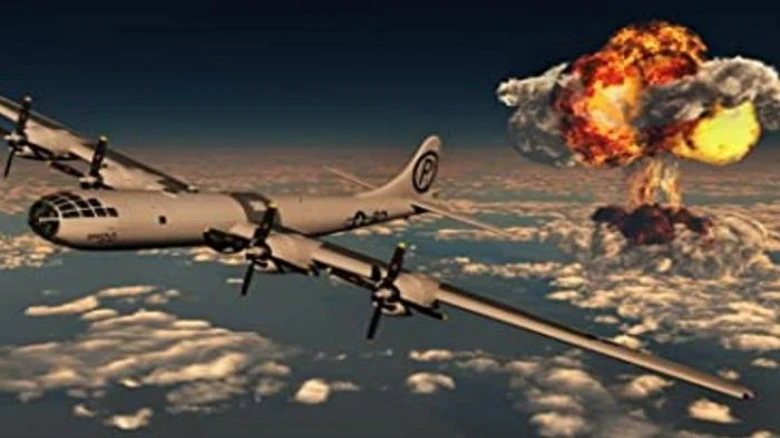Entertainment
I thought I’d never sing again...
Digital Desk:

Digital Desk: On August 9, Nagasaki paid respect to those who perished as
a result of the US atomic bombs 77 years prior. The mayor said that Russia's
invasion of Ukraine had shown the world that another nuclear assault was not
just something to worry about but rather "a actual and present
catastrophe."
Nuclear weapons
can be utilised as long as they exist, according to Nagasaki Mayor Tomihisa
Taue, and getting rid of them is the only option to save humanity's future.
Exactly one month
after it and four other nuclear countries vowed in a statement that nuclear war
should never be conducted, Taue remarked, Russia invaded Ukraine and threatened
to use nuclear weapons.
This has
demonstrated to the entire world that using nuclear weapons is a crisis that is
both real and urgent, he said. The idea that nuclear weapons may be held for
deterrence purposes rather than actual use "is a fiction, nothing more
than a bare wish."
On August 6,
1945, the United States dropped the first atomic bomb, obliterating Hiroshima
and killing 140,000 people. Three days later, a second bomb was detonated on
Nagasaki, killing an additional 70,000 people. On August 15, Japan's
capitulation brought an end to World War II and its aggression in Asia for almost
50 years.
A minute of
silence was observed by participants, including diplomats from nuclear powers,
at 11:02 a.m., the exact time the bomb detonated above the city in southern
Japan on August 9, 1945.
Despite Russia's
last-week attempt to backpedal on Putin's warning, because Russia has been
waging war on Ukraine since February, there have been growing concerns about a
third nuclear assault. Last week, Russia bombarded a Ukrainian city near the
biggest nuclear power plant in Europe.
Government
leaders in Japan are pressing for increased military investment and capacity
out of concern that the war may empower China to be even more assertive in East
Asia.
Japan does not
possess, produce, or host nuclear weapons, but as a US ally, it is covered by
the US nuclear umbrella and hosts 50,000 US troops. However, some hawkish
members in the governing party have also suggested a potential of nuclear
sharing with the United States in response to Russia's nuclear threat.
Taue stated that
the 1968 Treaty on the Non-Proliferation of Nuclear Weapons has become
"tenuous" and that discussions about nuclear disarmament and
non-proliferation over the past decades have not been put into practise.
The only
practical way to safeguard the planet and the future of humanity, according to
Taue, is to get rid of nuclear weapons.
Taue urged the
Japanese government to take the initiative in pursuing non-nuclear
deterrence-based peace negotiations.
"Even though we face a challenging security environment, we
must pursue the history of non-nuclear use and make Nagasaki the final spot of
nuclear attack," Prime Minister Fumio Kishida stated.
The memorial service in Nagasaki on Tuesday was not open to Russia
or its ally Belarus, as it was in Hiroshima.
survivors as being qualified for government medical assistance. They are
currently older than 84 on averages.
Numerous bombing survivors have endured discrimination in Japan
and continue to suffer from radiation exposure-related illnesses and injuries.
Leave A Comment